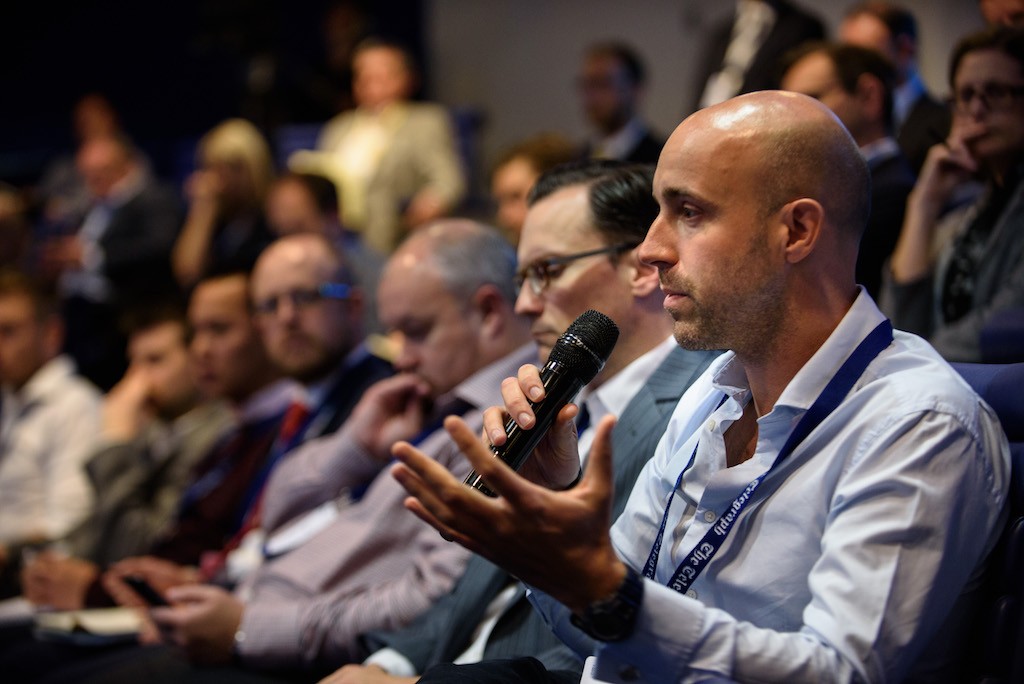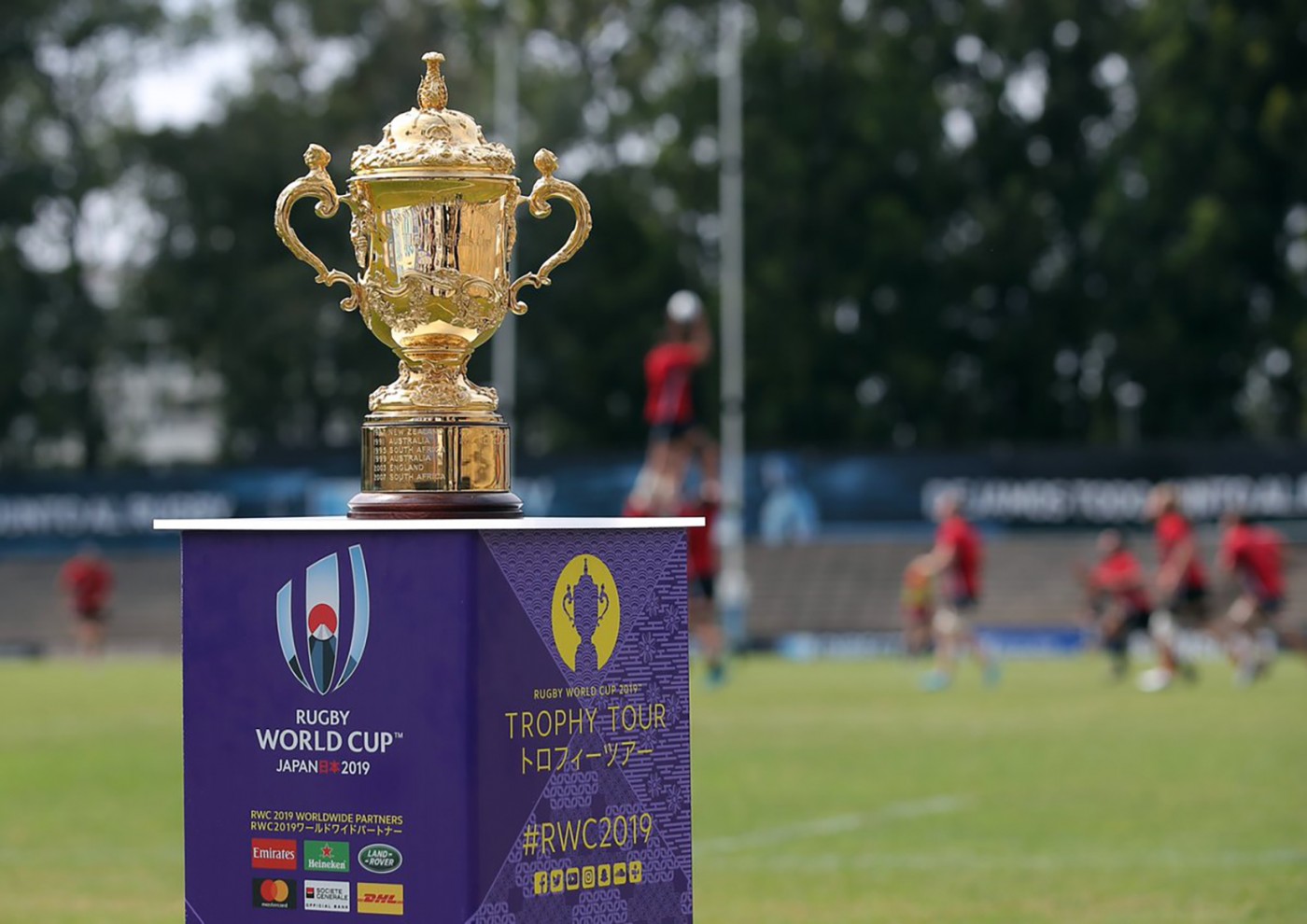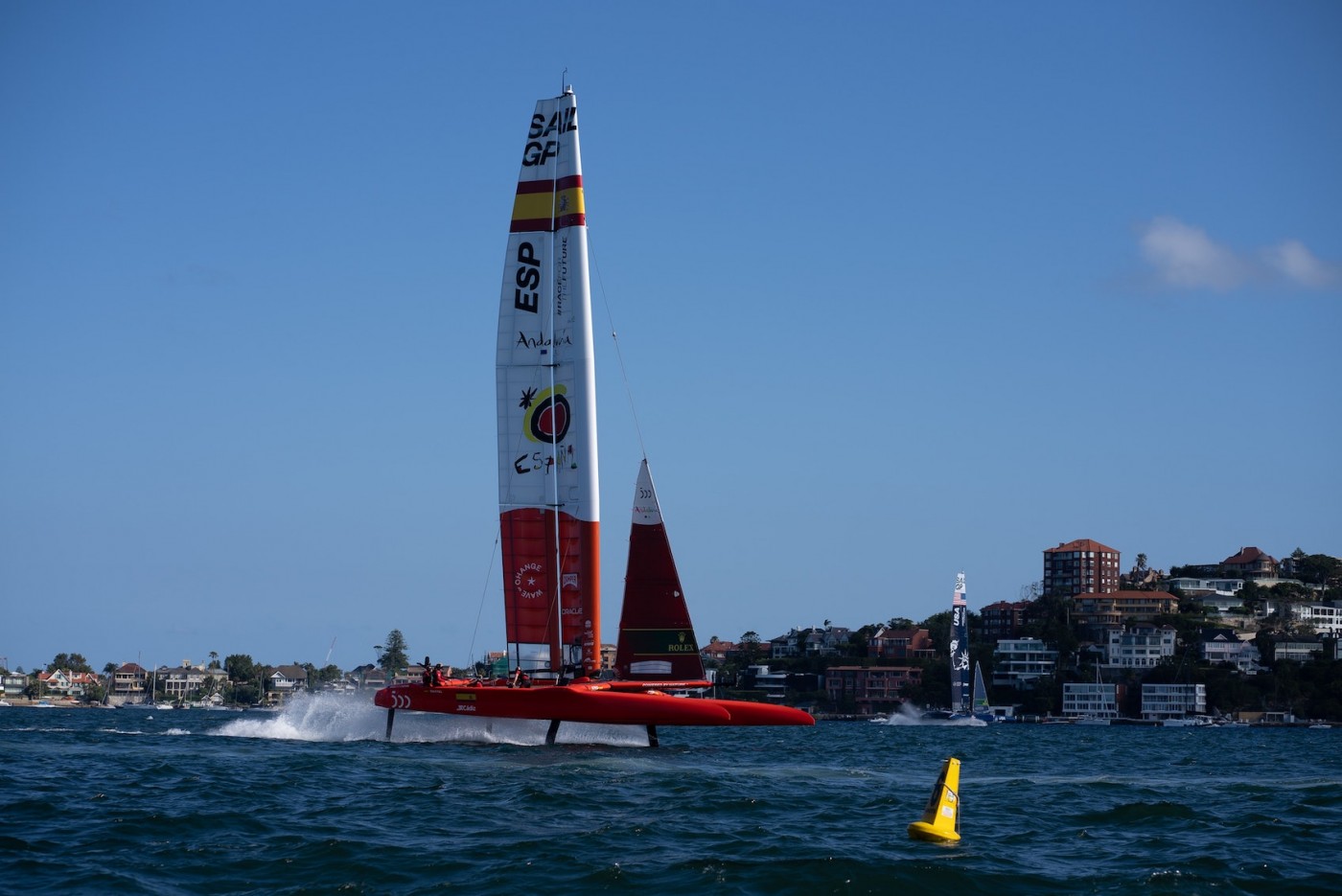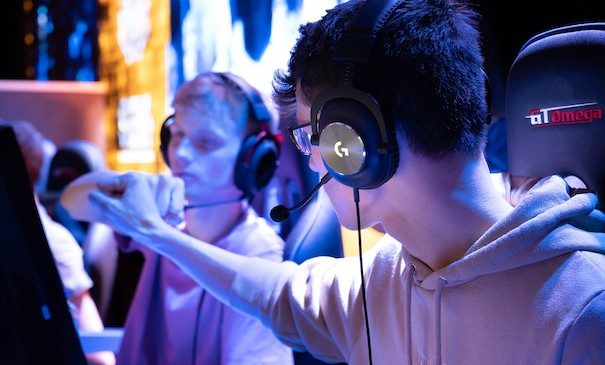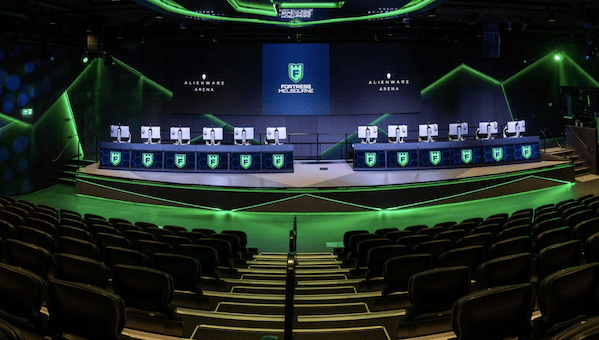Why has data availability changed the sponsorship industry? What does the esports ecosystem look like and why the involvement of early adopter non-endemic brand sponsors so important? In part one of their two part interview, Sporto (producer of sports business conferences, magazines and awards) talked about the ‘why’ and ‘how’ to Malph Minns, Strive Sponsorship’s Managing Director on this and more. Below is an excerpt of part one of the Interview. To read the full interview, click here.
SPORTO: When referring to data and digital, Matt Rogan, CEO at Two Circles, said at SPORTO 2016: “The world has changed. And it’s not coming back.” What’s your point of view on digital transformation, driven by data insight, and where do you see the biggest changes in the sports industry and its landscape in the recent years?
Malph Minns: The huge impact the digital revolution has had, and will continue to have, is without a question. The availability of data to both analyse past and predict future consumer behaviour is only going to become more sophisticated and available to marketers to inform and evaluate decision-making. What is the key right now, though, is not just the ability to physically collect the data, but the expertise to analyse and interpret it as part of the decision-making process. Every day I see a huge disparity between data availability, and marketing and sponsorship professionals’ ability to do anything with it. Generally speaking, traditional sponsorship professionals’ exposure to, and therefore understanding of, research and data seems to be way behind that of their broader marketing colleagues – and even they are struggling. Those with an FMCG background seem to be the most data-savvy, but there is a lot people need to do to advance their understanding of what data is important, and how they can use the tools and technologies now available to them to make better decisions.
Whereas sponsorship impact was once accused of not being measurable, and indeed few practitioners were held to account on their spend, prompting a lot of emotionally, rather than rationally, driven sponsorship deals, the availability of data has brought with it an expectation that return on investment could and should be measured and reported. With the convergence of channels, and internal competition for spend within brands across advertising, PR, events, digital, sponsorship and other fields, sponsorship managers are having to do more to show the value of their decisions. The greater need for financial transparency from shareholders and the public at large has also driven this requirement to be more data savvy and has been one of the biggest shifts in sponsorship I have seen in the last five or so years.
The use of technology has increased fan engagement opportunities and also has influence on sport itself. Could we say that technology companies transformed part of the sponsorship industry as well?
Sports has always been very focused on technology from a point of view of how it can enhance performance and viewing. A lot of what fans want to know, especially in the early stages of a sport that is commercializing, is how they can improve their own performance when participating in it. This is because usually the first fans are participants first and fans second, and not just consumers of an entertainment product. However, even non-participants can be fascinated by the science of the sport and the technology and techniques used in operating at the highest levels. A lot of technology now is digital technology, and is not exclusive to elite athletes only. It’s affordable for the amateur athlete and so this information becomes far more engaging as you cannot just track and compare your own performance to those of the best in the world, but you apply their techniques to improve. This deepens engagement and therefore this kind of information has the ability to tell powerful stories, add value to fans’ love of their passions and create strong engagement opportunities for brands. But using a new technology, for new technologies sake, is not good enough. It still needs to have relevance and add value or solve a problem for the fan for engagement to properly resonate.
“Barcelona looks at what other football teams do, but benchmarks itself against Disney, whom they deem the best entertainment brand in the world. A lot of the assets are the same; Disney has Disney World, Barcelona has Camp Nou; Disney has Mickey Mouse, Barcelona has Lionel Messi. Barcelona also has multiple products and as such, an esports team wouldn’t be a surprise.”
To read the rest of part one of the two part interview, click here.
To read part two of the interview, ‘The opportunities for brand sponsors in niche sports’, click here.


